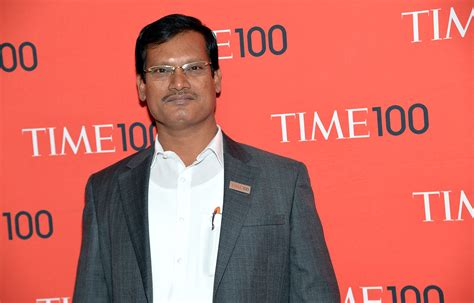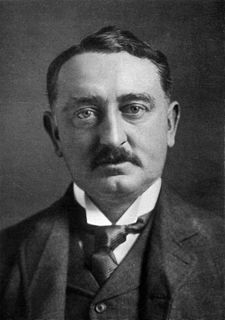A Quote by Rohini Nilekani
Personal philanthropy must be separated from corporate philanthropy. Personal philanthropy is more about giving back to society, or giving forward, as it is now referred to.
Related Quotes
One of the big myths about philanthropy is that it's all about donating funds for a cause. I like to look at it quite differently. Philanthropy is about 'giving' - not just in monetary terms but also in non-monetary aspects, like time, ideas, or being a volunteer. Donating money is just a small part of philanthropy.
There are three lessons in philanthropy - one, involve the family, especially the spouse. She can be a remarkable driver of your initiative. Two, you need to build an institution, and you need to scale it up. Choose a leader for philanthropy whom you trust. Three, philanthropy needs patience, tenacity and time.
I also think that employees these days expect less of a separation of work and personal life. That doesn't mean that work tasks should encroach upon our personal time, but it does mean that employees today expect more from the companies for whom they work. Why shouldn't your workplace reflect your values? Why is "giving back" not a part of our jobs? The answer for us is to integrate philanthropy with work.
The goal of the program, called Giving With Purpose, is to teach college students - and anyone else who cares to register - how to beneficially contribute to charity. That's not necessarily easy. There are IRS rules for giving that must be learned, and there is wayward, wasteful philanthropy to be avoided.




































